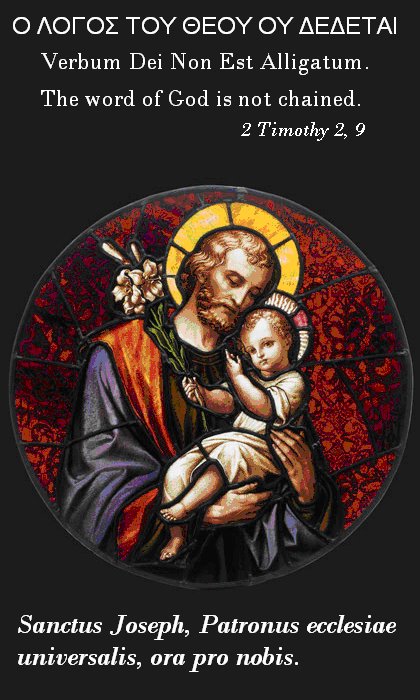In my last post, I quoted Cardinal Ratzinger (as he was then) from his book Salt of the Earth, in which he responds to questions from his interviewer, Peter Seewald. Here is more from the same work.
Seewald poses this question: "Why must the Church continue to operate even today with authoritarian methods and be organized according to "totalitarian" structures? ... You can't go around demanding a sense of fellowship and then operate yourself predominantly with accusations of guilt, laws, and a pointing finger." Ratzinger gives a long, thoughtful response. I won't quote the whole thing, though it is well worth reading, but only pick out the points that particularly struck me.
He starts with this word 'hierarchy', which could be translated either by 'sacred rule' or by 'sacred origin', since the Greek word arche has both meanings. Cardinal Ratzinger holds that the second translation is probably the correct one. So it is not a question of power, but of making present something whose origin is in God; it doesn't come from us. He says: "... the category that corresponds to the priesthood is not that of rule. On the contrary, the priesthood has to be a conduit and a making present of a beginning and has to make itself available for this task. When priesthood, episcopacy, and papacy are understood essentially in terms of rule, then things are truly wrong and distorted....the origin of hierarchy, in any event its true meaning, is not to construct a structure of domination but to keep something present that doesn't come from the individual. No one can forgive sins on his own initiative; no one can communicate the Holy Spirit on his own initiative; no one can transform bread into the presence of Christ or keep Him present on his own initiative. In this sense, one has to perform a service in which the Church doesn't become a self-governing business but draws her life again and again anew from her origin." He concludes: "When it [the priesthood] is lived correctly, it cannot mean finally getting one's hands on the levers of power", as one might construe from the comments of some feminists who argue for women's ordination, "but, rather, renouncing one's own life project in order to give oneself over to service." And the image the Pope uses for this priestly service is the humble gesture of Christ at the Last Supper, when He washed the feet of his disciples.
In response to the last part of Seewald's question, the pontiff has this to say: "Part of that [service] ... is to reprimand and to rebuke and, thereby, to cause problems for oneself. Augustine illustrates this in a homily in the following terms: You want to live badly; you want to perish. I, however, am not allowed to want this; I have to rebuke you, even though it displeases you. He then uses the example of the father with sleeping sickness whose son keeps waking him up, because that is the only chance of his being cured. But the father says: Let me sleep, I'm dead tired. And the son says: No, I'm not allowed to let you sleep. And that, he says, is precisely the function of a bishop. I am not permitted to let you sleep. I know that you would like to sleep, but that is precisely what I may not allow. And in this sense the Church must also raise her index finger and become irksome. But in all this it must remain perceptible that the Church is not interested in harassing people but that she herself is animated by the restless desire for the good. I must not allow you to sleep, because sleep would be deadly. And in the exercise of this authority she must also take Christ's suffering upon herself. What ... gives Christ credibility is, in fact, that he suffered. And that is also the credibility of the Church. For this reason she also becomes most credible where she has martyrs and confessors. And where things go comfortably, she loses credibility."
Tuesday, April 6, 2010
Subscribe to:
Post Comments (Atom)

No comments:
Post a Comment